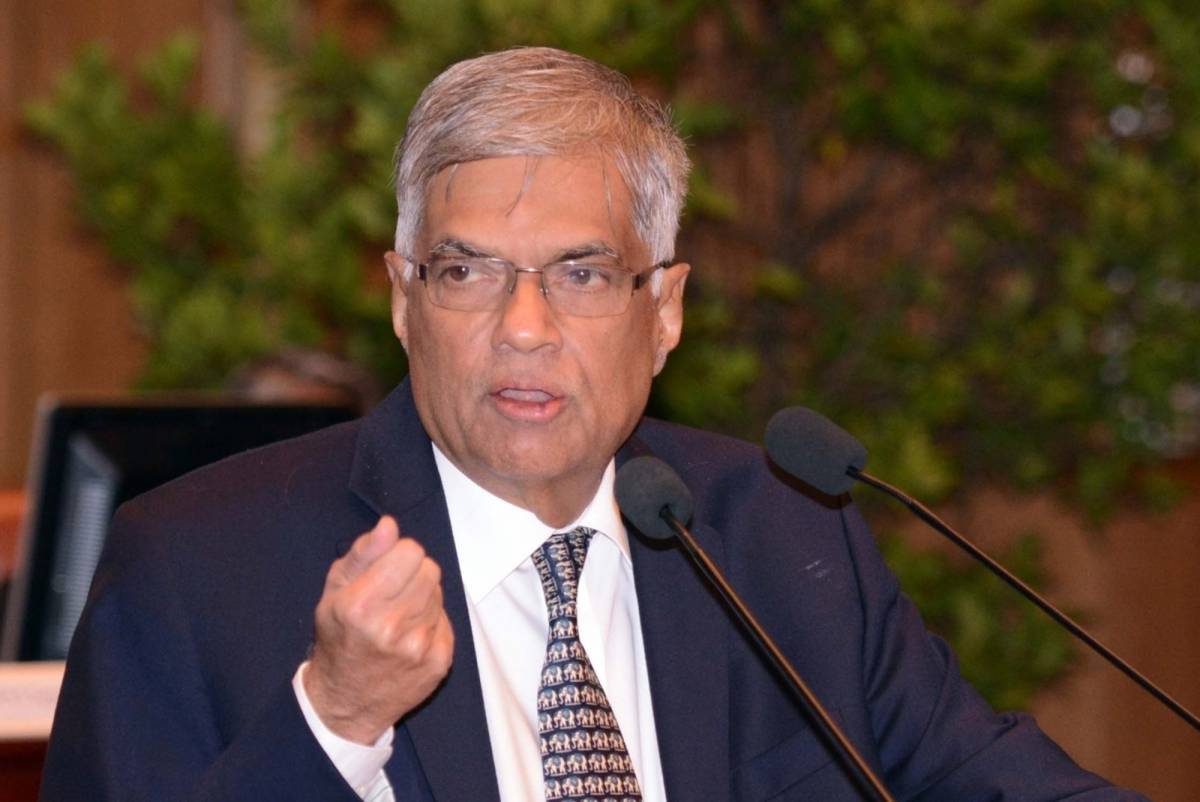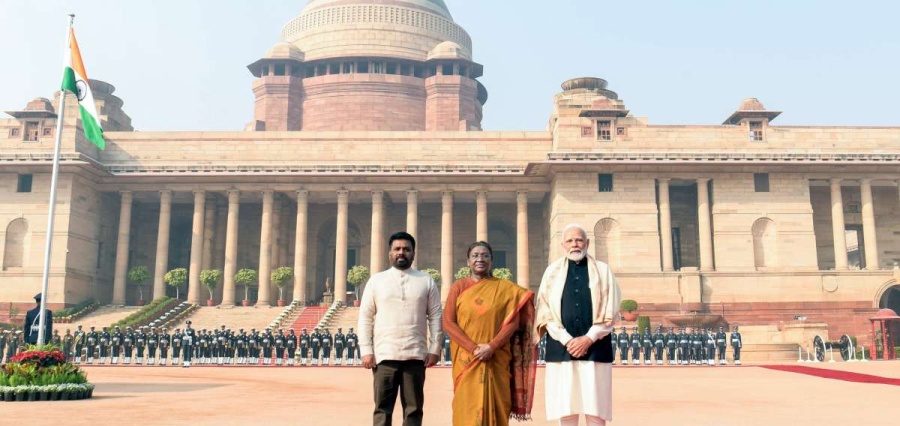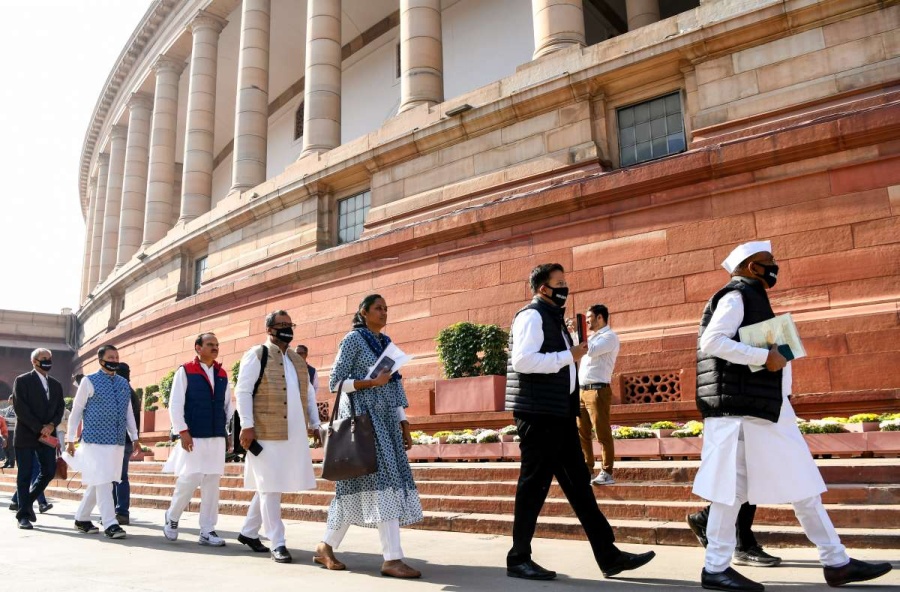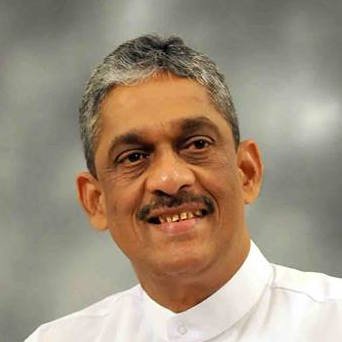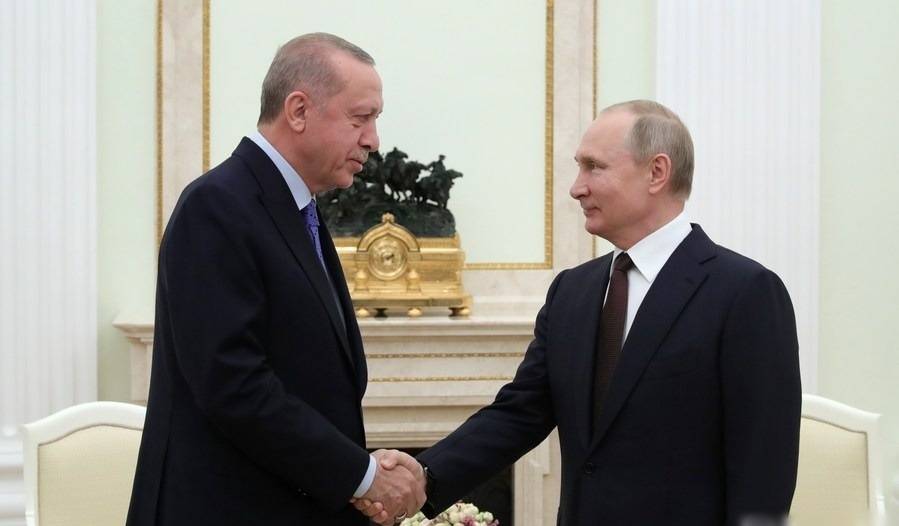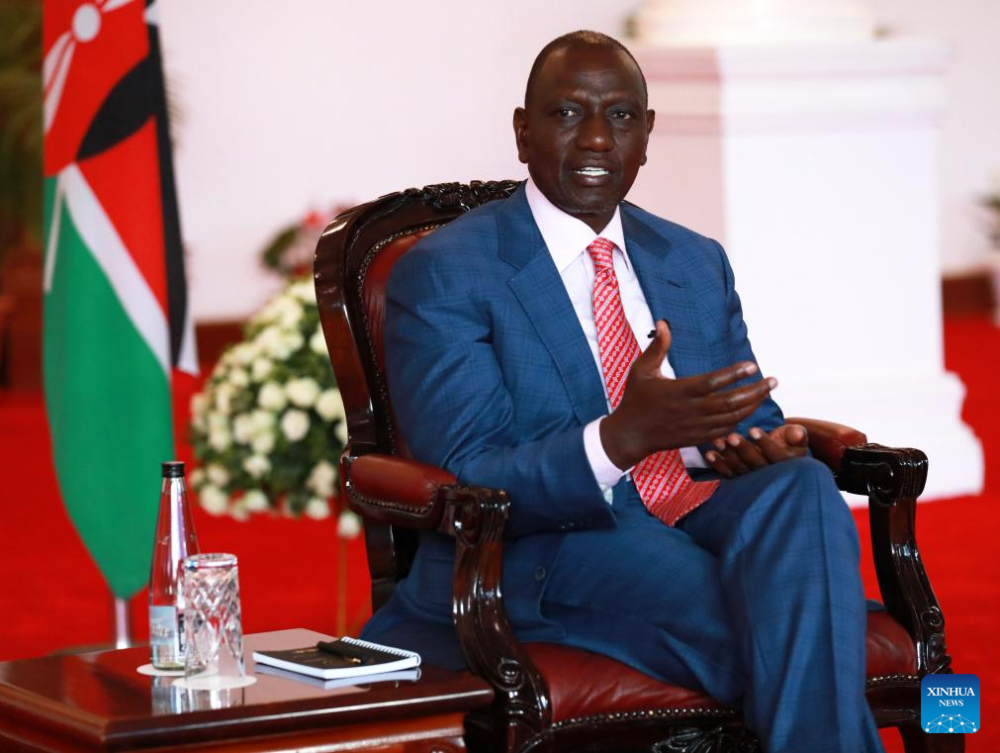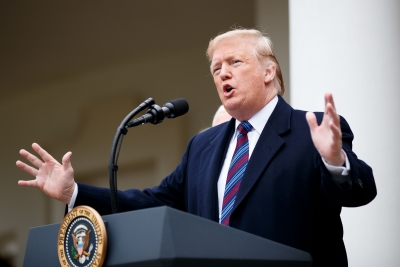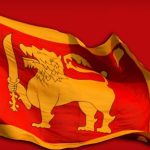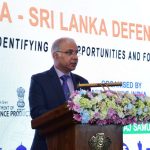The angry people torched over 50 houses of government politicians, including houses of ex-PM Mahinda Rajapaksa, as the violence killed nine persons, including an MP, besides injuring over 200 others…reports Asian Lite News
Sri Lanka Prime Minister Ranil Wickremesinghe on Sunday stressed that the crisis-ridden nation’s Parliament should be strengthened with more powers as done in India and other countries.
Making a special statement, Wickremesinghe proposed that a system similar to that of pre-independence state council should be introduced to monitor public finances and create powerful and stronger laws to enable the Parliament to exercise monetary powers.
“Now we need to change the structure of our Parliament and create a new system by combining the existing system of Parliament or the Westminster system and the system of State Councils. In those cases, the Parliament can participate in governing the country,” the PM stated.
“First of all, the existing laws need to be strengthened in order to give those powers to Parliament in the exercise of monetary powers. Following the example of countries such as the United Kingdom, New Zealand and India, we are proposing a stronger and more powerful law,” Wickremesinghe said in the televised public speech.
Suffering from severe financial crisis, Sri Lankans launched non-stop street fights for more than 50 days with violent resistance by the Rajapaksa government and his supporters.
The angry people torched over 50 houses of government politicians, including houses of ex-PM Mahinda Rajapaksa, as the violence killed nine persons, including an MP, besides injuring over 200 others.
Former PM Mahinda Rajapaksa and his cabinet was forced to step down as President Gotabaya Rajapaksa appointed Wickremesinghe from the opposition as PM.
During his address, Wickremesinghe also stressed that there were two major issues in the political spheres — constitutional change with 21st Amendment to weaken the powers of Executive President and strengthening the Parliament, and to abolish the Executive Presidency.
He charged that functioning of the Parliament has been paralysed due to the weakening of the Parliamentary powers by the 20th Amendment which was introduced by Mahinda Rajapaksa’s government.
“There is an allegation that even though the ruling party had a majority in the Parliament, it neglected the work of the Parliament. Everything was systematically controlled by the Cabinet ministers,” Wickremesinghe said.
To face the economic crisis, the premier proposed to appoint five committees to monitor public finances and find solutions to the problems faced by banks and financial institutions, besides appointing 10 other supervisory committees.
The backbenchers of the Parliament are to appoint the chairpersons of the total 15 committees which have to be responsible for the Parliament.
Wickremesinghe also invited the youth who had been protesting for over 50 days to join the 15 committees.
The PM proposed to establish a National Council consisting of the Speaker, the Prime Minister, the Leader of the Opposition and the leaders of the major parties to form policies for the country.
He said the National Council could talk about the decisions of the Cabinet, reorganisation of the Parliament and it will have the right to summon the Cabinet of ministers and the chairmen of the committees.
“According to the new system we have proposed, the President will be held accountable to the Parliament. The Cabinet of ministers woll also be accountable to the Parliament, and the same goes for the National Council. The 15 committees and oversight committees will also be accountable to the Parliament,” Wickremesinghe said.
ALSO READ-Lanka’s ailing medical system gets a boost from India


